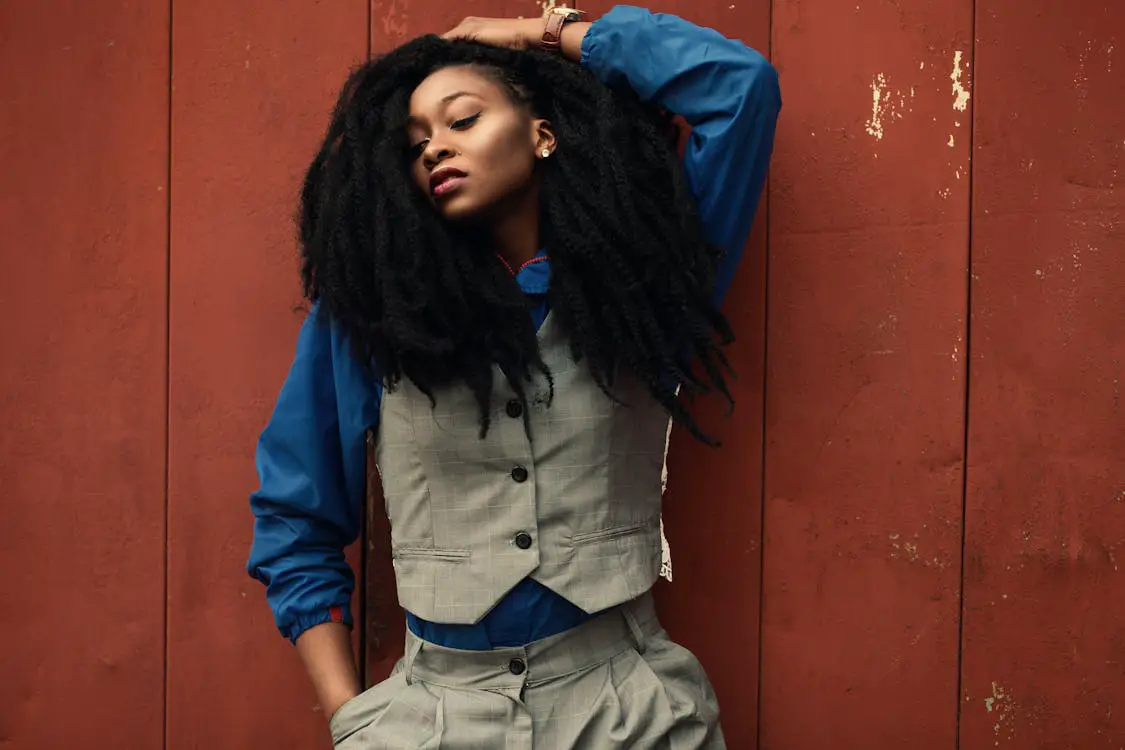Black hair is more prone to thinning. Curly hair is more delicate since its bends are more likely to break. Black women typically have lesser hair density, which means fewer hair follicles. This can highlight areas with thin hair, especially when natural hair is treated with chemical relaxers.
African-American hair is drier and more delicate. The unusual nature of black hair limits how much moisture it can hold. Because of the curly form of the hair, the natural hair oil produced in the scalp does not reach the entire length of the hair strands, leaving fragile hair shafts that are difficult to maintain and break easily.
Before thinking of African American hair transplant, it’s always a good idea to look deeper into your hair care routine. To avoid hair breakage, black women should wash their hair just once or twice a week, followed by conditioner. Alkaline shampoos and conditioners with a pH greater than 6 open the hair shaft cuticles, increasing porosity and resulting in more dryness and frizz. To decrease hair dryness and frizz, always use pH-balanced shampoos and conditioners.
What Can Black Women Do to Prevent Hair Loss?
Women can take a few steps to reduce hair loss and boost new hair growth. It is crucial to understand what is causing your hair loss, as numerous causes can contribute to thinning hair. Once you understand what is causing your hair loss, you may collaborate with a medical practitioner to develop an effective treatment plan that addresses the main problem and gets your hair back on track.
Reevaluate your hair styling routine
It is critical to limit the usage of destructive hairstyles and chemical treatments. The most effective strategy to stop this sort of hair loss is to go natural without styling your hair in tight styles (braids, cornrows, high buns, ponytails, etc.), using weaves or extensions, or treating it with chemical relaxers or heat tools. It's also recommended to avoid dye, which might weaken your hair – at least while you're waiting for it to recover strength.
If you decide to wear a weave or extensions, give your hair a rest by wearing them for a set amount of time before going natural for the same amount of time (or longer). Those who obtain dreadlocks or braids may urge their stylist to style them looser to reduce pulling.
For individuals who use chemical relaxers, strive to keep the style as long as possible (at least eight weeks) to give your hair enough time to recuperate between treatments. Keeping your hair hydrated with oils and conditioning treatments is essential for making this style endure.
Make sure you're wearing wigs appropriately
Wigs may appear to be the safest option because they protect the hair, but if worn incorrectly, they can cause breakage and pull on the hair. In addition to wearing the correct size wig (a faulty fit might cause breakage), avoid applying glues, which can clog follicles. Use a wig gripper instead. In addition, you should wash your wig on a regular basis, since bacteria from the wig can harm hair follicles.
Apply Minoxidil 2% or a plant-based DHT-blocking hair-regrowth serum
A healthy scalp is required to regrow new hair. A healthy scalp can be attained by using the correct combination of hair treatment serum, hair regrowth shampoo, and oral supplements that restore micronutrients and stimulate hair growth. Scalp therapy serum can be medicated (including minoxidil) or plant-based.
Apply a DHT-blocking hair regeneration shampoo
Using the right shampoo is vital for healthy hair. Food therapy shampoo will have both DHT blockers, which reactivate dormant hair follicles and cause them to grow into active shapes (anagen), as well as proteins and oils that will make your hair smoother, shinier, and more manageable.
Take hair growth vitamins and collagen peptides
Optional outcomes necessitate a holistic approach. Hair regrowth supplements replace the vitamins, minerals, and amino acids required by hair follicles to develop new hair. Specially made collagen peptides are another great addition to your hair regrowth routine since they provide the building blocks for stronger, more beautiful hair.








